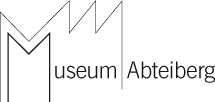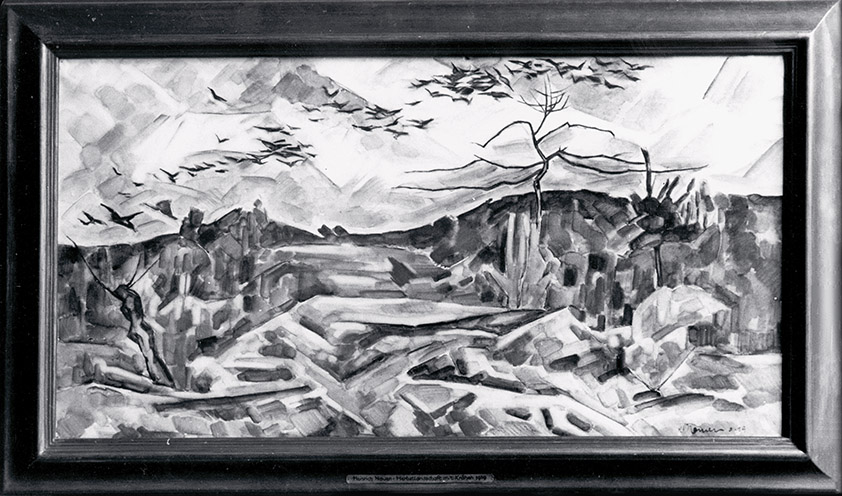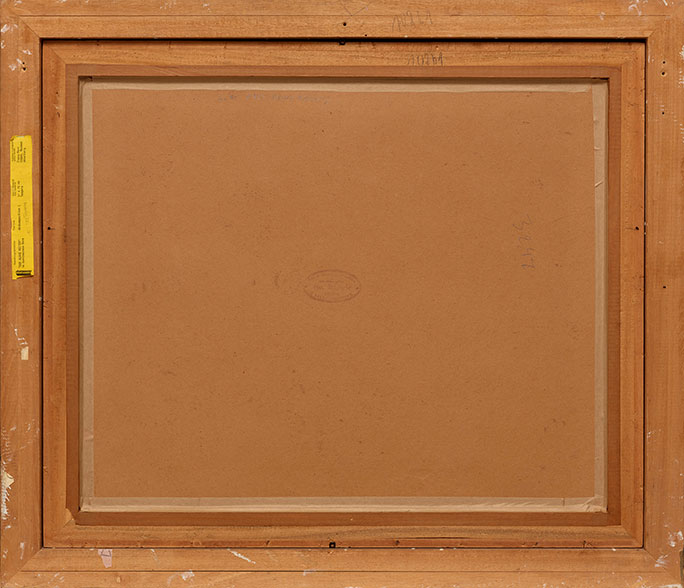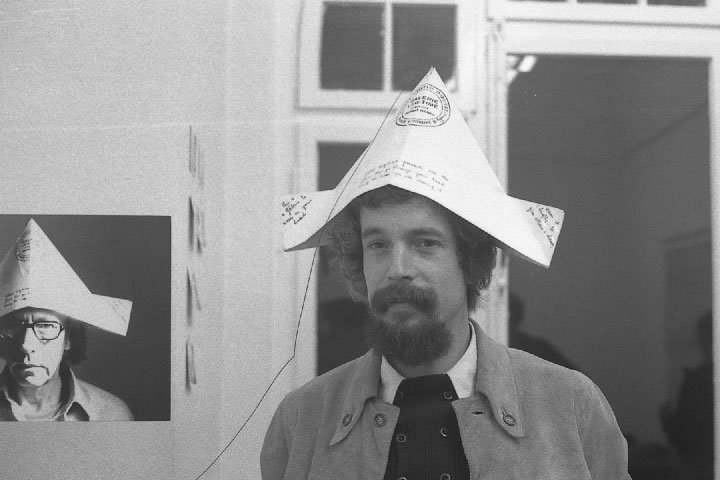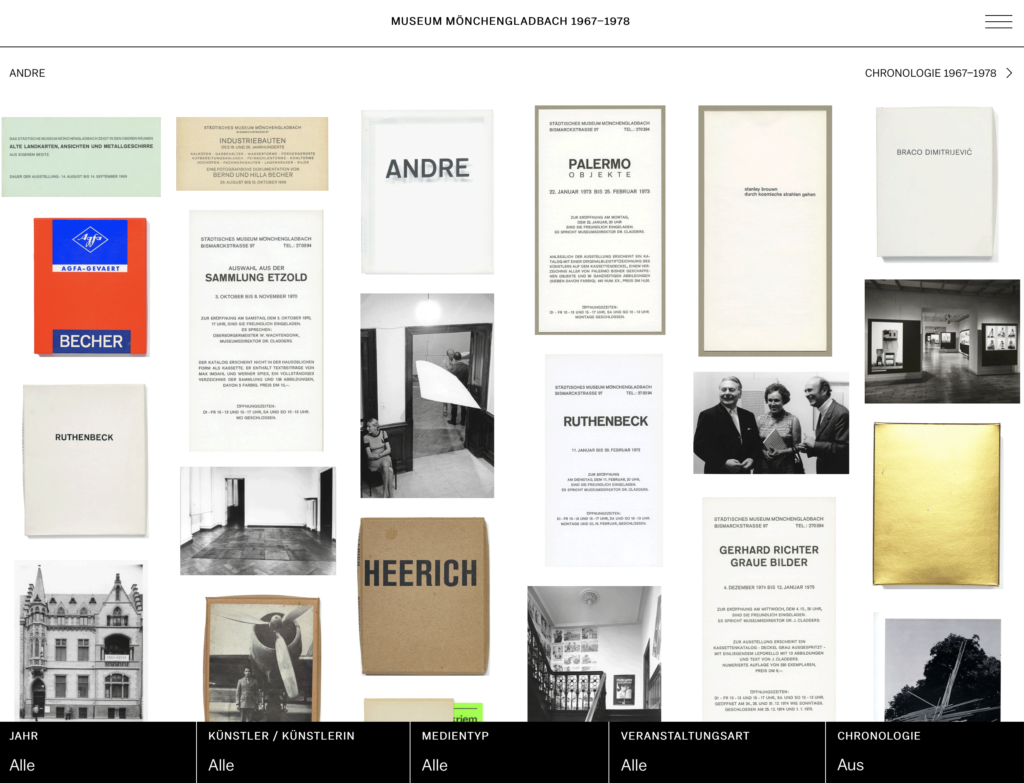Walter Kaesbach Donation
One hundred years ago, on December 9, 1922, art historian Walter Kaesbach (1879–1961) laid the groundwork for a museum of contemporary art in Mönchengladbach. That day saw the festive and ceremonial presentation of 97 Expressionist artworks Kaesbach had donated to Monchengladbach, his native city. His endowment put the city on a par with other centers of the avant-garde, but not for long: Nazis confiscated the collection in 1937 as part of an effort to rid culture of so-called “degenerate art.” …
Provenances 1950 – 1980
Museum Abteiberg has been researching the provenance of its collection for several years. An extensive group of works was systematically investigated between 2016 and 2018 with funding from the German Lost Art Foundation, with the aim of ruling out the possibility that certain pieces in the collection were acquired after previous seizure in the context of Nazi persecution. …
ANDERSCH COLLECTION/ARCHIVE
Museum Abteiberg acquired one of the most extensive Fluxus collections in the world in 2017 with support from the Cultural Foundation of the German Federal States, the State of North Rhine-Westphalia, Kunststiftung NRW, and the Hans Fries Foundation. Artists represented in the art collection, archive, and library of Erik Andersch (1940–2021) include both core members of the international Fluxus network and its extended milieux, as well as those who shared a concept of art that first emerged in the United States, Europe, and Japan in the early 1960s: art is tied to action, community, play, and chance; it is conceptual, transmedial, humorous, and ironically critical of museum- and art historical tradition. Artistic practice engages and incorporates social, societal, and political space. …
www.museum-moenchengladbach-1967-1978.de
Museum Abteiberg presents a new website: The Exhibitions and Box Catalogues of the Städtisches Museum Mönchengladbach 1967–1978, www.museum-moenchengladbach-1967-1978.de.
The digital archive project documents and visualizes Museum Abteiberg’s prehistory along with the renowned exhibition and education- and mediation program that former director Johannes Cladders (1924–2009) developed for the old Städtisches Museum on Bismarckstraße. …
